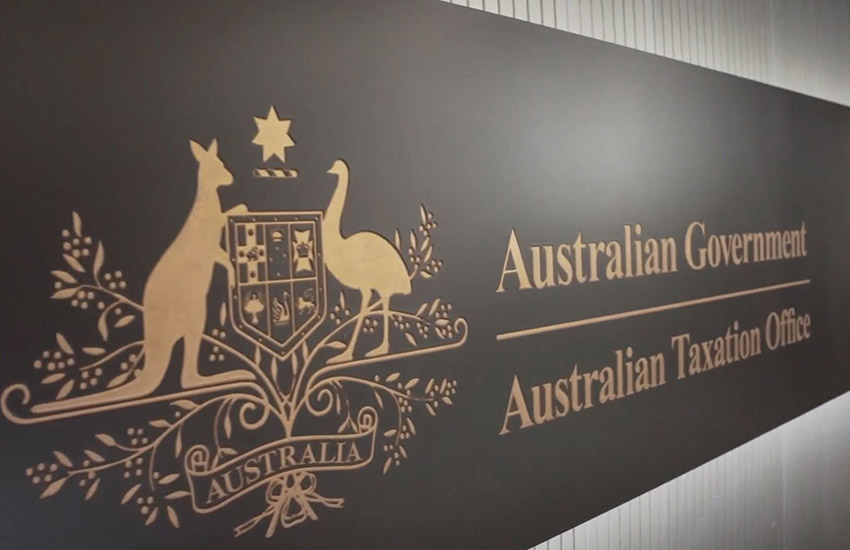The superannuation guarantee (SG) amnesty is currently running to a six-month deadline to 7 September 2020, with employers eligible for a number of benefits if they voluntarily disclose SGC liabilities for quarters from 1 January 1992 to 31 March 2018.
Benefits of the amnesty include not having a Part 7 penalty applied, not being required to pay the $20 per employee per quarter administration component, and being able to claim a tax deduction for the SGC amounts paid by 7 September.
You’re out of free articles for this month
However, once the SG amnesty period comes to an end, the ATO will no longer be allowed to remit Part 7 penalties for historical quarters below 100 per cent of the SGC.
The ATO has now released draft Practice Statement Law Administration (PS LA) 2020/D1, providing guidance to ATO staff on considerations to make in deciding on the remission of the Part 7 penalty.
It notes that where a historical quarter is assessed for SGC after 7 September 2020, ATO officers cannot remit the Part 7 penalty below 100 per cent of the SGC unless the employer voluntarily came forward to lodge an SG statement prior to being notified of any ATO compliance action, or where exceptional circumstances prevented the employer from lodging an SG statement during the amnesty period or before the employer was notified of ATO compliance action.
Guide for penalty remission
The PSLA also notes that ATO officers will need to follow a four-step penalty remission process when deciding whether it is appropriate to remit the Part 7 penalty down from 200 per cent.
The four steps include setting a base penalty based on the employer’s attempt to comply with their SGC obligation; determining any penalty uplift based on the employer’s compliance history; identifying other mitigating facts and circumstances; and identifying any exceptional circumstances that prevented lodgement of an SG statement prior to the notice of ATO compliance action.
It notes that the 200 per cent penalty would generally apply where the employer has either demonstrated repeat disengagement or the ATO has formed an opinion that the employer has engaged in a “phoenix” arrangement.
Once the draft practice statement is finalised, it will apply from 8 September, after the SG amnesty period ends.
Despite COVID-19 adversely affecting communities across Australia throughout the amnesty period, the government has remained silent on the prospects of extending the amnesty deadline by a further six months, as requested by the accounting and tax professional bodies.
View the draft PS LA 2020/D1 here.
Jotham Lian
AUTHOR
Jotham Lian is the editor of Accountants Daily, the leading source of breaking news, analysis and insight for Australian accounting professionals.
Before joining the team in 2017, Jotham wrote for a range of national mastheads including the Sydney Morning Herald, and Channel NewsAsia.
You can email Jotham at: This email address is being protected from spambots. You need JavaScript enabled to view it.

 Login
Login







